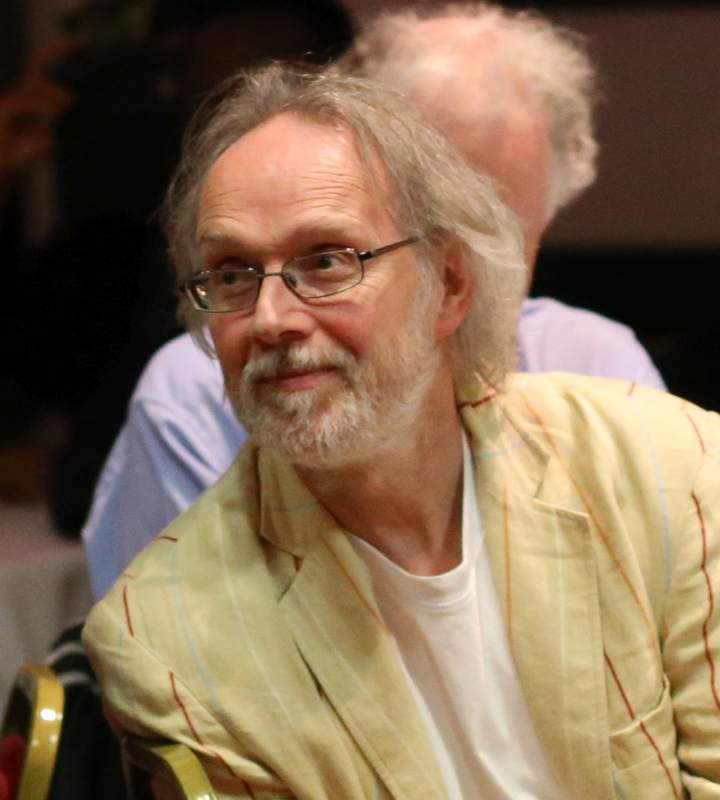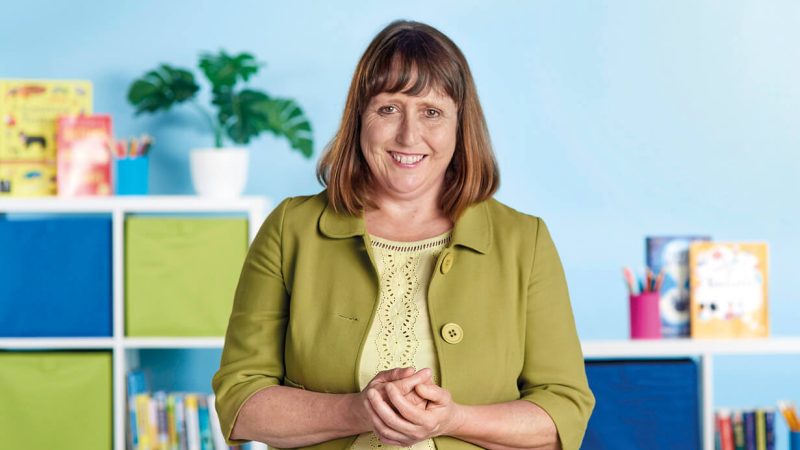‘The EYFS and its restraints are killing creativity and passion in practitioners’

Richard House speaks to early years entrepreneur Maggie Bolger about her first-hand experiences of the EYFS, and why it is time for a critical reassessment of the framework…

For a different perspective, read Richard House’s interview with Nancy Stewart here
Richard House [RH]: Maggie, you set up nursery provision at Maggie & Rose without any knowledge of the Early Years Foundation Stage, only discovering afterwards whether your vision for quality provision matched its demands. Can you describe something of this process?
Maggie Bolger [MB]: I started Maggie & Rose in 2007 based purely on what mothers wanted for their families – a ‘home from home’ you could escape to, meeting like-minded people. A place allowing creativity and play before children headed off to school. We created various classes for parents and children to enjoy based purely on creativity. My fourth child led me to open a daycare facility, as there was nothing inspiring out there – nowhere I’d want to leave my child all day.
We approached nursery design and ethos on the same basic principles: inspire children, be creative, support and nurture. The EYFS and all its restrictions frankly shocked me. It’s in contradiction to what’s in children’s best interests – reliant on tracking children to predetermined developmental goals that I find appalling. This requires mountains of unnecessary paperwork, leaving far less time for staff and children to enjoy quality time.
Parents and researchers know that children develop at different rates, and that loving, caring adults playing and inspiring them at their level are what’s best. Not adults constantly ‘observing’ them, photographing them for ‘evidence’ and recording their development like mice in a lab. The EYFS and its restraints are also killing creativity and passion in practitioners, and breeding fear. Young people want to work in this sphere less and less – and who can blame them? As a UK entrepreneur I’m embarrassed that government forces this on the sector responsible for this precious age-group. We should be pioneering progressive educational methodology, not a test-case for ‘how not to do it’.
RH: Much to pick up on here! – and it’s consistent with the Open EYE campaign I co-founded in 2007. Yet many reading this will be pro-EYFS. Could you say why it might be popular with some practitioners?
MB: Some elements of the EYFS are necessary – e.g. health and safety elements, and safeguarding requirements. It’s human nature to need something to refer to and guide one. But was this created in the best interests of children, or for political purposes? The hard part is separating these two, and standing up for ‘every child matters’ as a principle, not a political slogan.
Government policy isn‘t created by practitioners and nursery owners who understand the reality of running nurseries – it’s created by advisers with targets to meet and elections to win. Unfortunately there’s little else people can turn to for inspiration, so the EYFS is all people know. In my experience it easily becomes a tick-box, paperwork-heavy, stifling system that kills practitioner creativity, cascading down to the children.
RH: Maggie, imagine being a Minister, free to make the policy changes you felt to be in children’s best interests. What changes would you make?
MB: Gosh – a tough one! I’d first separate the sector from politics, creating a passionate entity with the power to ring-fence the sector for focusing solely on the children – and with all decisions made being in nurseries’ interests, not political agendas’. I’d withdraw any assessment pressures from this age group: Inspire – don’t track! I’d remove unnecessary administration with funding for three- to four-year-olds. Involve the HMRC, as with Child Benefit – i.e. pay it to the parents and leave us out of it! Nursery owners must be allowed to try new things without fear. Paperwork and writing polices so easily interferes with inspiring both children and adults. There’s much more – but much can be done if the right people stand up and are heard!
Richard House is a trained Steiner Kindergarten teacher and co-founder of Early Childhood Action








